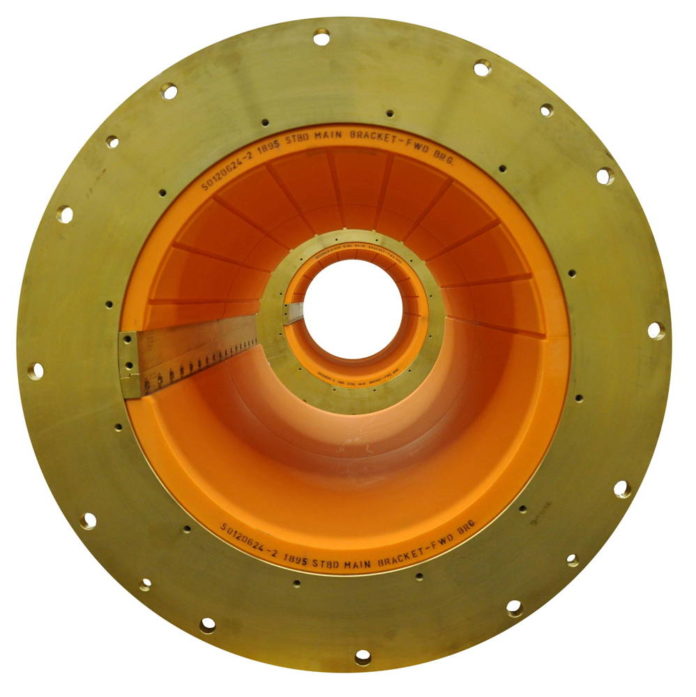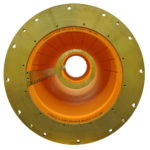
There is no doubt about oil-lubricated propeller shaft systems damaging the[ds_preview] marine environment. At the World Ocean Council’s fourth Sustainable Ocean Summit SOS16, Thordon Bearings’ Director of Marketing and Customer Service, Craig Carter, explained that the fleet of 45,000 ocean-going vessels that continue to operate oil-lubricated shaft bearings are estimated to be leaking the equivalent of five Exxon Valdez oil spills into the ocean year-on year.
Acknowledging the raft of environmental challenges shipowners are already faced with, he said that the shipping industry must decide whether ocean sustainability can really be achieved with the continued use of a system that discharges between 130mill. and 244mill. l of operational oil into the ocean environment every year.
Carter said: »Shipowners have a decision to make – continue to use oil systems that have the potential to pollute and may not meet pollution regulations or return to seawater lubrication. Since we started installing seawater lubricated bearing systems in the early 1990s, we have prevented over 62mill. l of oil being discharged into our oceans. A seawater lubricated propeller shaft bearing system is the only system that guarantees compliance with all pollution regulations and has zero impact on environment.«
Carter informed World Ocean Council members about the history of the water-lubricated stern tube bearing system, a technology that has come on leaps and bounds from the problematic days of Lignum Vitae bearings and stuffing boxes. »Polymer materials and bearing designs have advanced to ensure long life performance with very low operating costs. All of the major classification societies have now revised their shaft withdrawal and inspection regimes due to the new technology allowing full monitoring of a seawater system. The technology now offers the technical equivalent of an oil lubricated stern tube but without the risk of pollution and associated fines. Shipowners now have a viable, cost-effective option.«


















